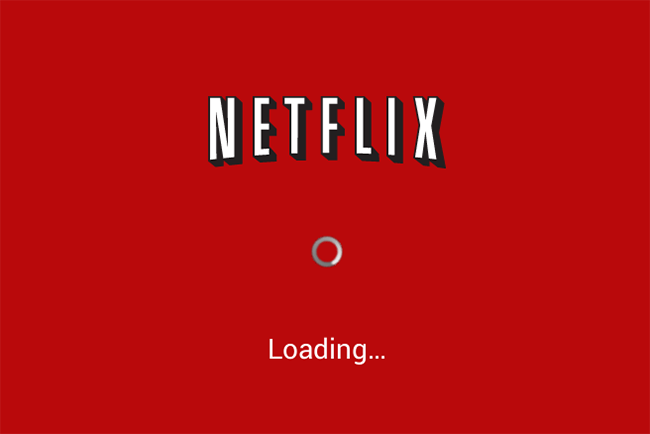Virtual private networks (“VPNs”) and other blocking proxies allow users to hide their IP address in order to make themselves appear to be in another country. People do this in order to access content not otherwise accessible in their country. For instance, Netflix provides different shows and movies depending on the country in which one resides in. The show Arrow is not available in England, but it is available in America. In order to binge watch Arrow, you can simply download a VPN which makes your IP address appear to be located in the United States. Viola, just like that you can access American content without physically moving.
Some have equated the use of VPNs to copyright infringement. In January, Netflix announced that it will stop the usage of its services to customers utilizing VPNs and blocking proxies to access content available outside of their own country. Although Netflix has not outright equated these acts to copyright infringement, people using such proxies have already been blocked from Netflix’s content.
Recently, Paypal followed suit and announced its initiative to discontinue services to those using VPNs. Unlike Netflix, Paypal has outright equated VPN use as a way to “circumvent copyright restrictions and violate intellectual property laws.”
In order to bring content to users, Netflix has to obtain content licenses to stream movies and TV shows. When users use VPNs to access content not available in their country, they technically do not have a license to watch that video, even though they pay a monthly subscription to Netflix. If no license exists, the idea is that users should not be able to watch the content.
So the question is, does a lack of the proper license equate to copyright infringement?

